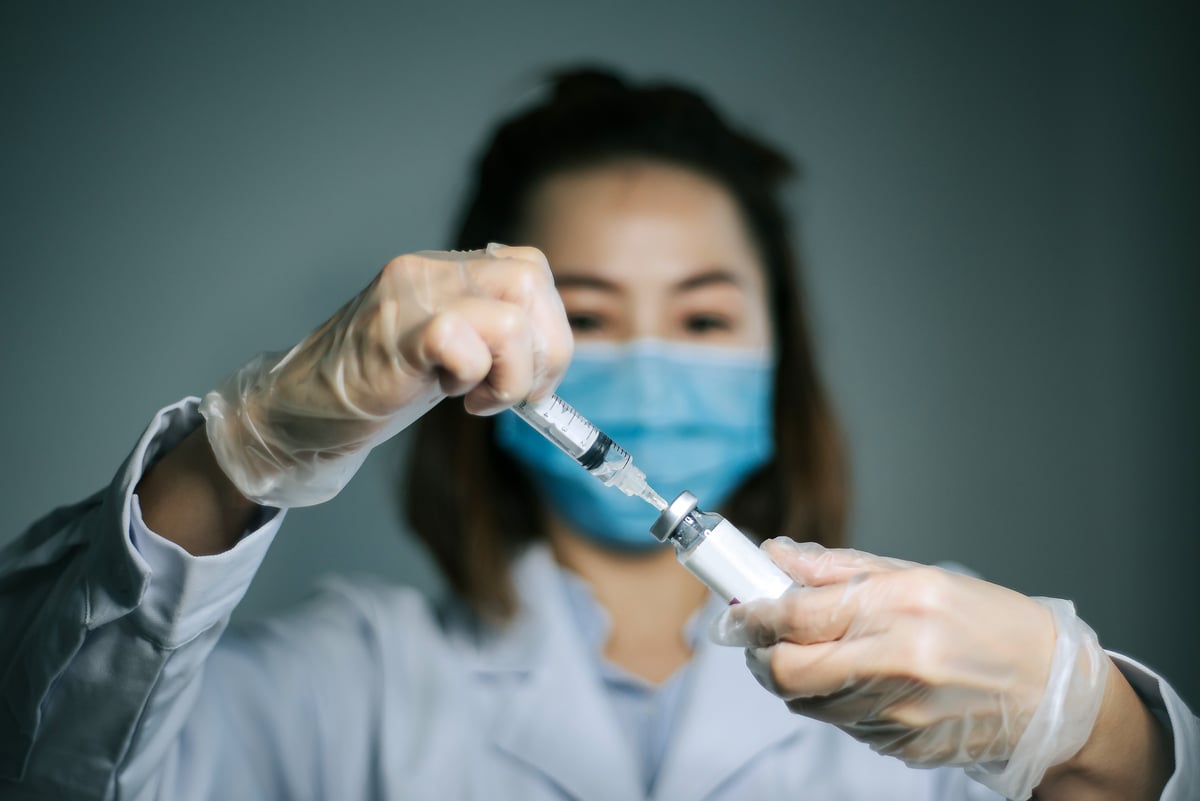What happened
Shares of Moderna (MRNA +15.97%) fell 6.3% on Wednesday after the U.S. Food and Drug Administration (FDA) issued an Emergency Use Authorization for Pfizer's (PFE +0.09%) oral COVID-19 treatment, Paxlovid.
So what
Pfizer's antiviral pill gives doctors a new weapon in the global battle against COVID-19. Paxlovid reduced the risk of hospitalization or death by nearly 90% in high-risk adults with COVID-19 in a clinical trial.
The FDA's authorization comes at a time when the heavily mutated omicron variant of the coronavirus is expected to drive a new wave of infections around the world.

Image source: Getty Images.
Paxlovid is expected to maintain its effectiveness against omicron and other emerging variants. The drug blocks the activity of an enzyme that the coronavirus needs to replicate. The virus is unlikely to mutate in a manner that will alter its dependence on this enzyme.
For these reasons, demand for Pfizer's drug is expected to be high. Mizuho analyst Vamil Divan believes the pharmaceutical giant could generate sales of up to $40 billion from Paxlovid over the next two years.
Now what
Investors may be concerned that Moderna's vaccine sales could be dampened if more people choose to remain unvaccinated due to the effectiveness of Pfizer's pill. Choosing to not get vaccinated, however, would go against the advice of health officials, who have repeatedly said that Moderna and Pfizer's vaccines provide vital protection against severe forms of COVID-19.
Looking further ahead, Moderna could also face new competition from an experimental vaccine that's currently being developed by the U.S. Army. The Walter Reed Army Institute of Research will soon announce promising clinical results for a vaccine that could be effective against all known COVID-19 variants, as well as future mutations, according to national security news site Defense One.





